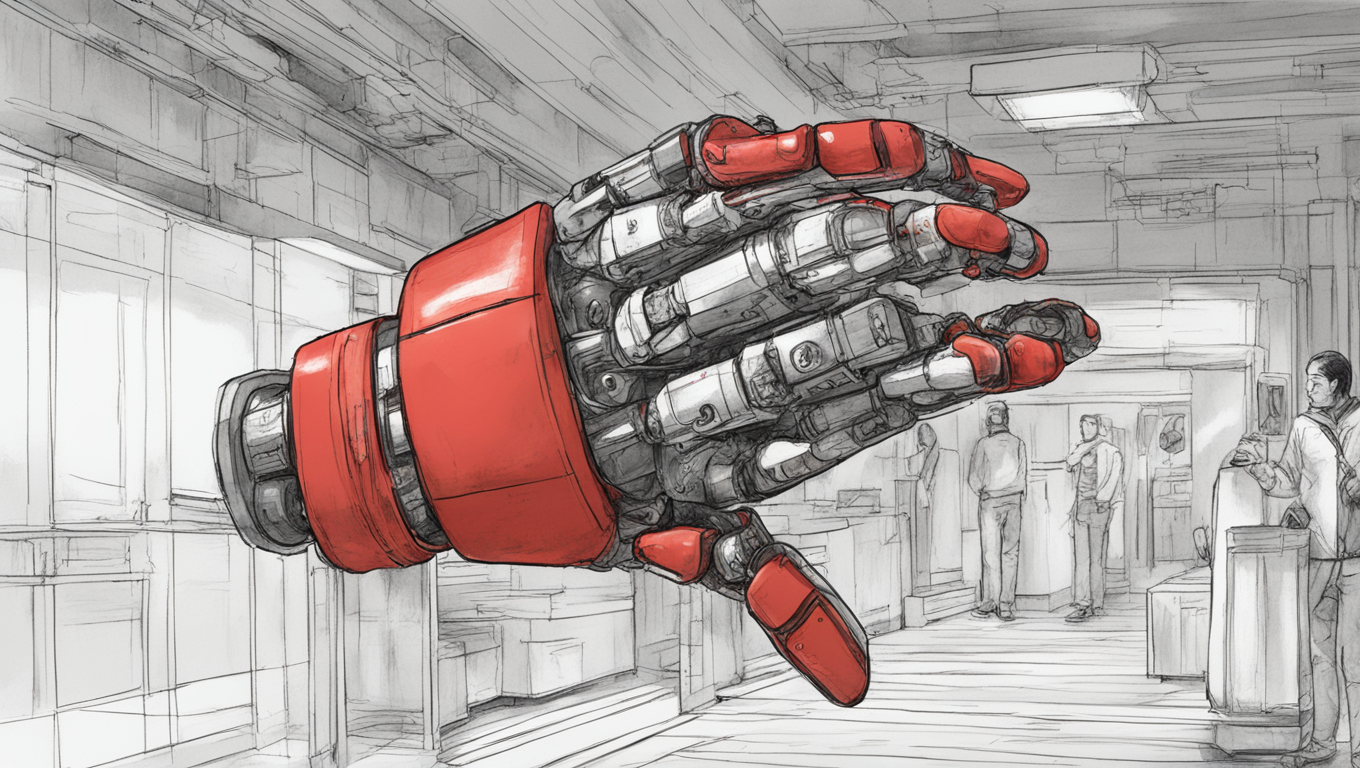AI and Nuclear Weapons: Urgent Appeal to China and Russia to Ensure Human Control
In a rapidly advancing world driven by technological innovation, the integration of artificial intelligence (AI) into various aspects of our lives has become increasingly prevalent. However, concerns have been raised over the potential implications of AI when it comes to matters of national security. Specifically, the risks associated with AI and nuclear weapons have sparked a new urgency, leading the United States to make an appeal to China and Russia for their commitment to ensuring human control over these weapons.
In recent hours, the United States has called upon China and Russia to publicly guarantee that human beings will continue to exercise control over their respective nuclear arsenals. The concern stems from the potential for unintended consequences that could arise from the utilization of AI in nuclear warfare. Paul Deegan, a senior official at the US Department of Defense, stressed the importance of placing human decision-making at the forefront of nuclear weapon management. He stated, “Only human beings possess the judgment, empathy, and moral reasoning required to effectively navigate the complexities of nuclear deterrence.”
This appeal comes at a time when the risks associated with AI in the context of national security have become increasingly prominent. The advancement of AI technology has given rise to the development of autonomous systems capable of making independent decisions. While this may present opportunities for increased efficiency and accuracy in various domains, it also raises concerns about the potential for AI to be susceptible to hacking, errors, or even manipulation.
In the case of nuclear weapons, maintaining human control is not only a matter of preserving ethical considerations, but also a vital component of international security. The unpredictable nature of warfare and the far-reaching consequences of any missteps or miscalculations underline the necessity of human oversight. As Dan Smith, Director of the Stockholm International Peace Research Institute (SIPRI), expressed, “The stakes are simply too high to entrust such critical decisions solely to machines.”
Furthermore, concerns have been raised about the potential for an AI arms race, particularly between major powers such as the United States, China, and Russia. The fear is that a lack of internationally agreed-upon regulations and safeguards could result in an unchecked proliferation of AI-enabled weapons, thereby escalating tensions and destabilizing the delicate balance of power that currently exists.
In light of these concerns, the appeal by the United States to China and Russia serves to emphasize the importance of global cooperation and the establishment of clear guidelines regarding the utilization of AI in the context of national security. By ensuring that human control remains at the helm of decision-making processes, nations can mitigate the risks associated with the unintended consequences of AI.
However, obtaining commitments from China and Russia may prove to be a difficult task. Both nations have made significant advancements in AI technology and have showcased their willingness to invest in its military applications. Balancing the desire for technological progress with the imperative for responsible use of AI presents a complex challenge that requires careful deliberation and international collaboration.
As the world continues to grapple with the integration of AI into various domains, the issue of human control over nuclear weapons serves as a critical reminder of the potential risks associated with unchecked technological advancement. By prioritizing human decision-making and establishing clear guidelines, nations can ensure that AI is harnessed responsibly and for the greater benefit of humanity, rather than becoming a source of uncontrollable threats.
In the words of Paul Deegan, “It is our duty to safeguard the future and protect humanity from the unintended consequences of technology. We must act now to ensure that human control over nuclear weapons remains the cornerstone of our collective security.”





Use the share button below if you liked it.